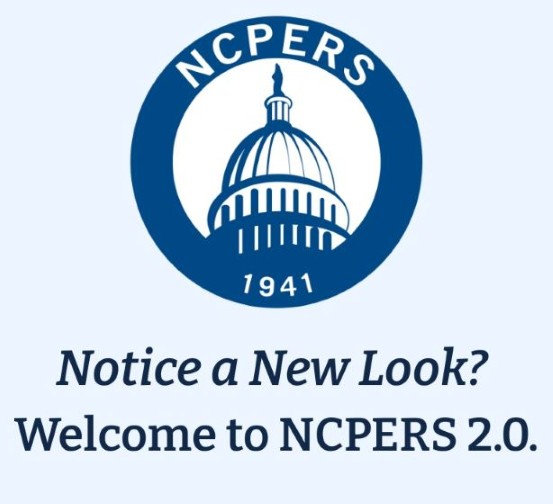Systematic factors such as value, quality, and momentum have historically provided resilient, diversified sources of return across global equity markets, especially during periods of market concentration and elevated valuations. Continue Reading
News
Pension News, Commentaries, and Insights from NCPERS
Find out what’s happening in the public pension community and explore the latest industry trends.
NCPERS regularly highlights the latest industry job listings, new hires, and retirement announcements on behalf of its member pension funds, stakeholders, and service providers. Here you can find our latest roundup of job listings, hiring, and retirement announcements. Continue Reading
Nuveen2026 Outlook explores crosscurrents, risks, and opportunities as investors enter 2026. They suggest opportunities across well-established themes to capitalize on potential market turnarounds and explore lesser-known corners of the global markets. Continue Reading
NCPERS regularly highlights the latest RFPs and RFIs in the public pension industry on behalf of its members. Here you can find our latest roundup of RPFs and RFIs. Continue Reading
As the world and markets continue to dynamically evolve, so have public pensions’ asset allocations. This evolution, however, has not been uniform or linear. BlackRock's FY24 peer analysis highlights significant dispersion in plan allocations and its implications for portfolio risk and return. Continue Reading
As the costs of raw materials, energy, electricity, and water surge, scalable products and services that enhance resource efficiency have become attractive investment opportunities for pension funds. Continue Reading
This article highlights the significance of investing in America's domestic transportation infrastructure, which is essential due to its predictability, high barriers to entry, and strong linkage to GDP and population growth. Continue Reading
Americans are worried about retirement more than they fear their own mortality, according to a 2025 study. Witnesses before a recent hearing of the House Education and Workforce Subcommittee on Health, Employment, Labor, and Pensions made sure that Members of Congress knew this jarring fact. Continue Reading
Canada’s federal government recently announced plans to transfer about C$900 million in surplus from their Public Service Pension to the government’s own Consolidated Revenue Fund. The Public Service Alliance of Canada (PSAC) denounced the action. Continue Reading
Securitization began in 1968, giving investors access to mortgage cash flows without owning or servicing loans directly, while enabling lenders to recycle capital. Securitization remains a cornerstone of modern finance, channeling capital efficiently, enhancing liquidity, and expanding credit access Continue Reading
Coming Soon: Essential Insights for Public Pension Leaders Continue Reading
Savvy investors take an intentional approach to balancing portfolio risk with desired returns. In this article, we discuss the benefits of active risk budgeting and the consequences of unintended risks. Continue Reading

